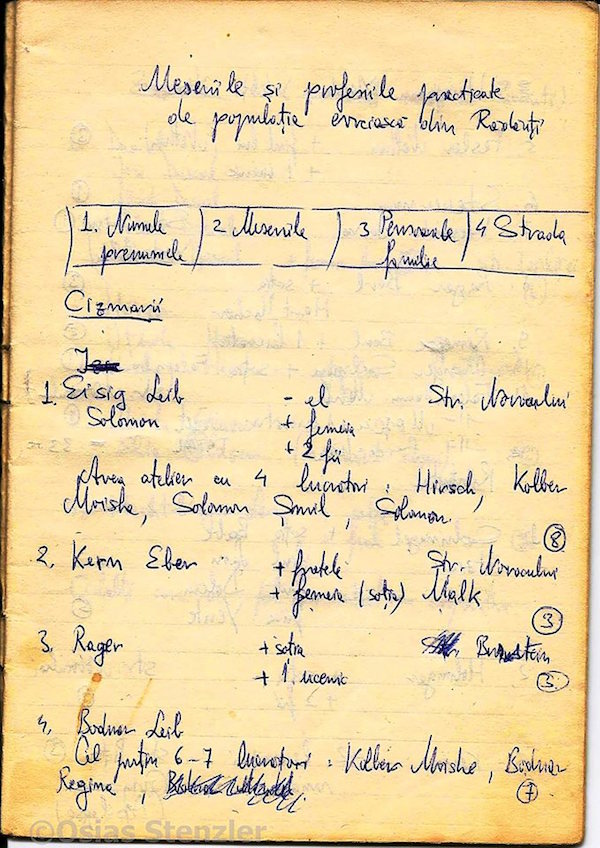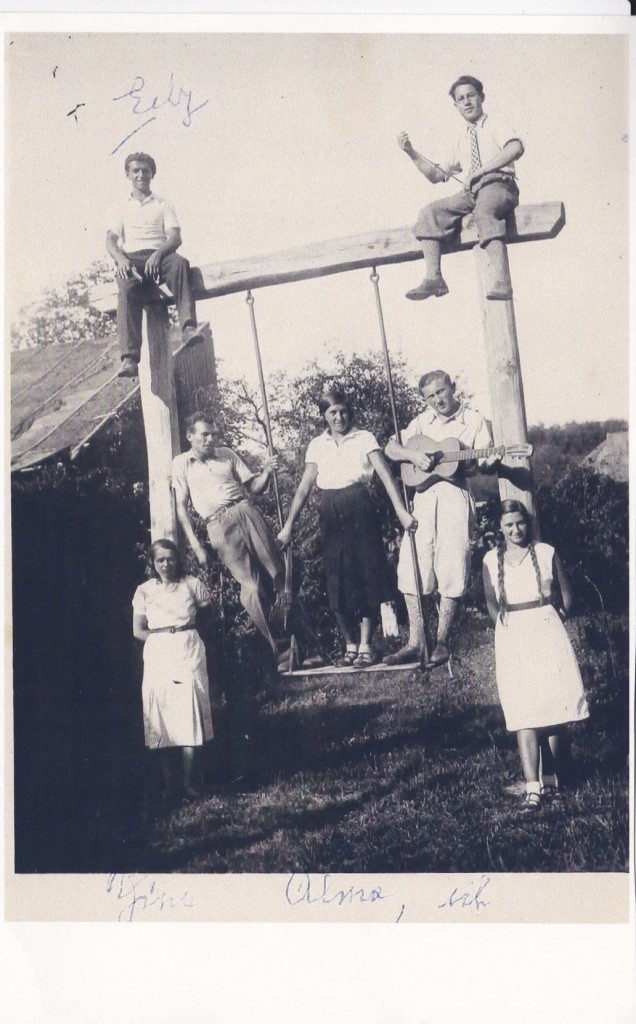The Shanghai Jewish Refugees Museum unveiled a memorial wall in 2014 listing the names of 13,732 Jews who found a haven in the Chinese city during World War II.
Sinosphere, the Blog of The New York Times, wrote on the dedication ceremony: “In the 1930s and 40s, thousands of Jews escaping Nazi Germany arrived in Shanghai, a place they could enter without a visa. After the Évian Conference of 1938, when the major powers shut their doors to nearly all Jewish immigrants, the city remained one of the few available places of refuge. By the beginning of World War II, more European Jews had fled to Shanghai than any other city in the world. The memorial consists of a 111-foot-long copper wall etched with the names and featuring a sculpture of six allegorical figures representing faith, suffering, love, determination, light and hope, designed by the Chinese artist He Ning. Chen Jian, the museum’s director, said the names on the memorial were compiled with the help of former Jewish refugees in Shanghai, as well as Chinese and foreign scholars, according to China Daily. Many of the names were taken from a list found in the German book ‘Exil Shanghai: 1938-1947,’ co-authored by Sonja Mühlberger, 75, who was herself born in Shanghai to refugee parents in the 1930s and has been involved in the memorial project.
The list in her book was first compiled during the war by three teenage Jewish girls hired by Japanese military officers to undertake an informal census. Most of the Jewish population then was relegated by the Japanese to an overcrowded district called Hongkou, a ‘designated area for stateless refugees.’ In a museum press release, Ms. Mühlberger comments, ‘My parents’ experiences in Shanghai were certainly not the easiest, but if they had not been exiled there, I wouldn’t even be alive today, let alone have the chance to tell this history.'”
Among these refugees, immortalized on the “Wall of Names”, we discover Rosa Koppelmann from Czernowitz, the addressee of the “Cry of Desperation from Siberia via Shanghai to Czernowitz”. Seven further names, potentially all related to Rosa, were listed under the same address in Shanghai, i. e. Zang Yang Lu Rd., former Ward Rd.:
HERBERT KOPPELKOWSKI • RUTH KOPPELKOWSKI • JULIUSZ KOPPELMAN • RICHARD KOPPELMANN • MAX KOPPLOWITZ • SIMON KOPSKI • MAX KOPSTEIN
































































































 Read more at:
Read more at: 


